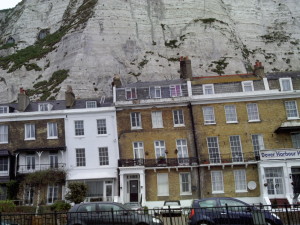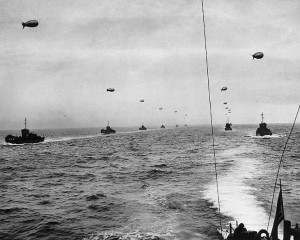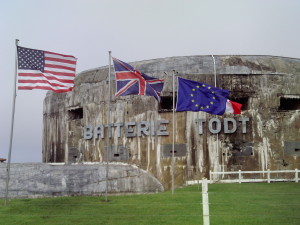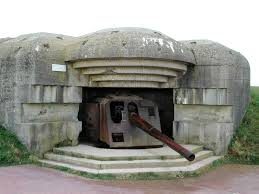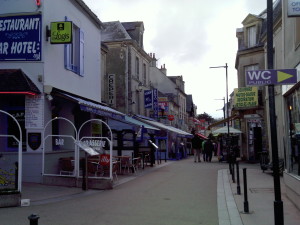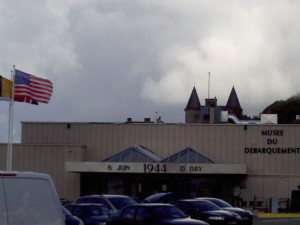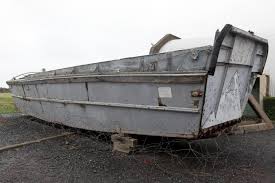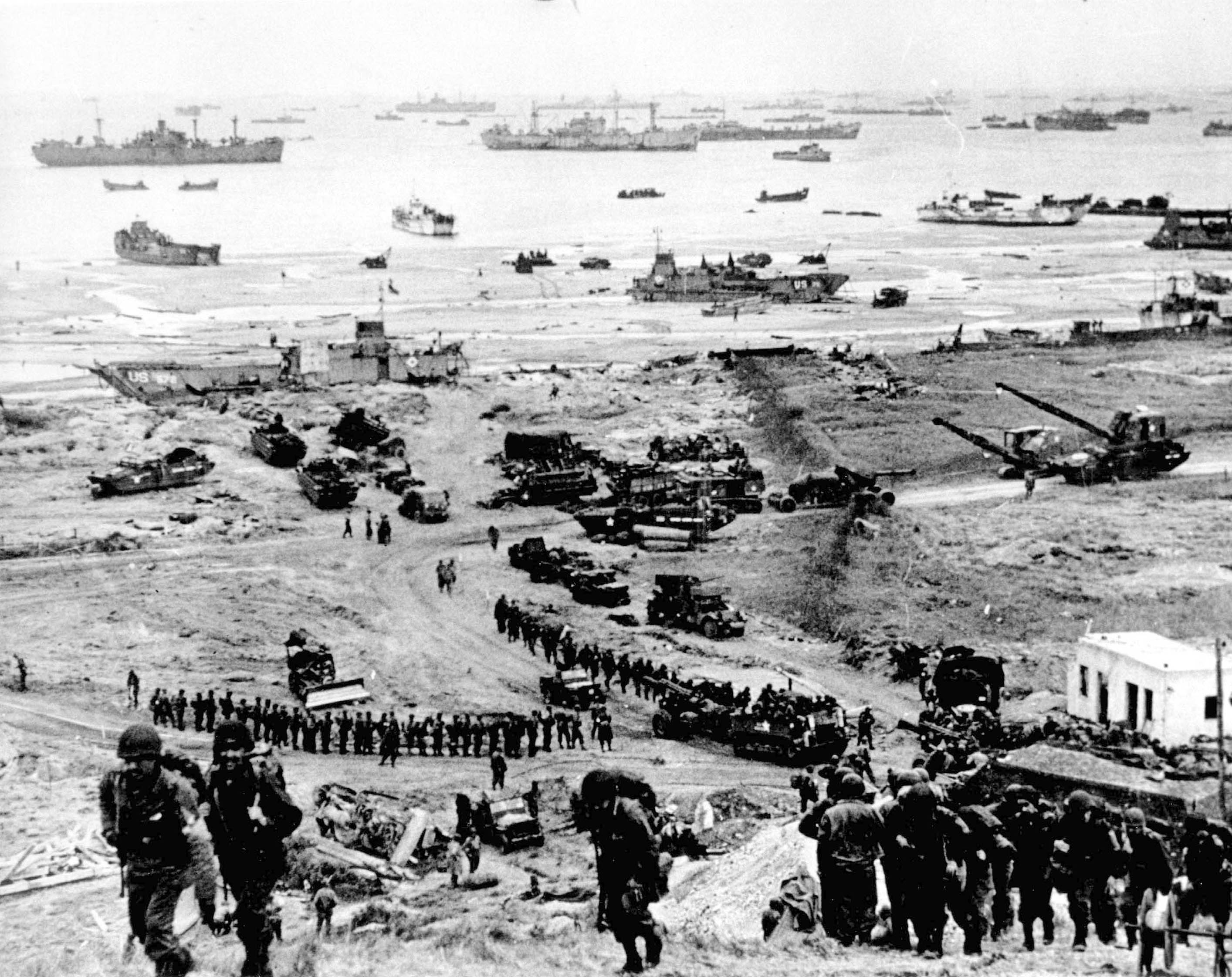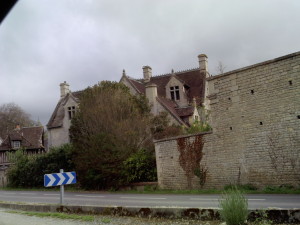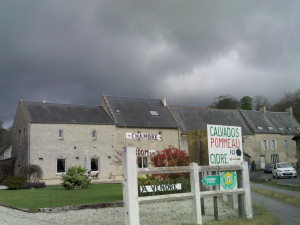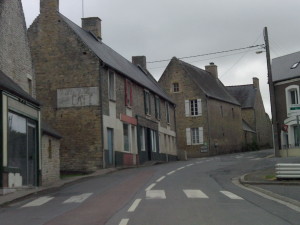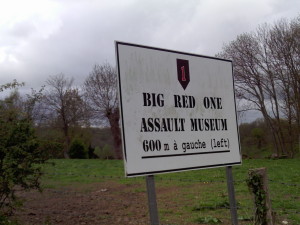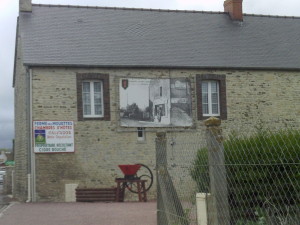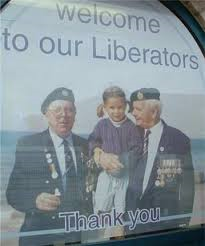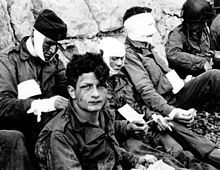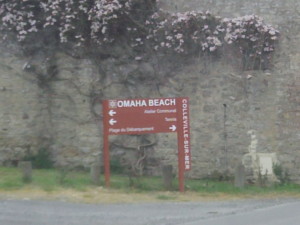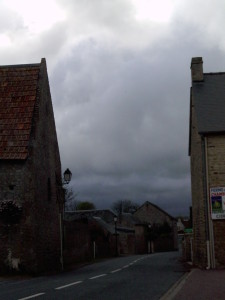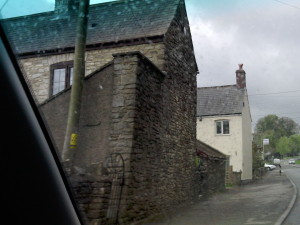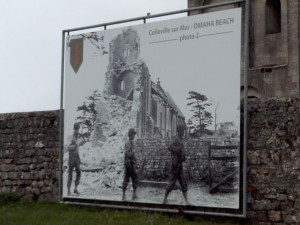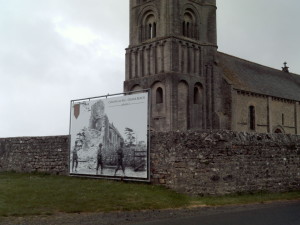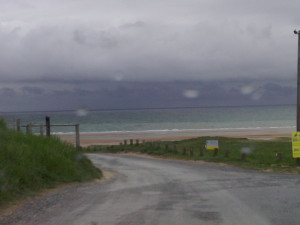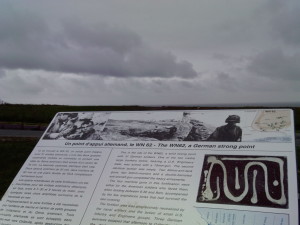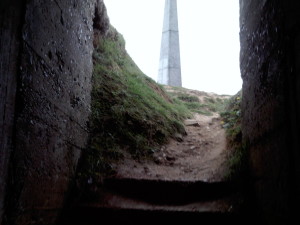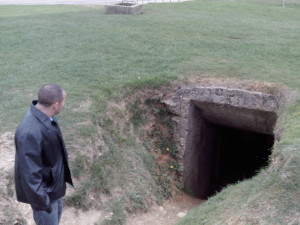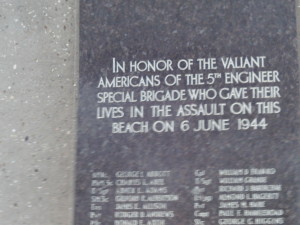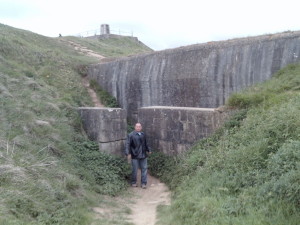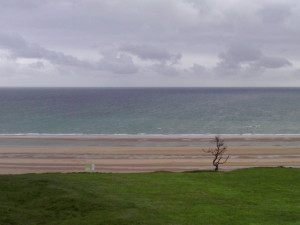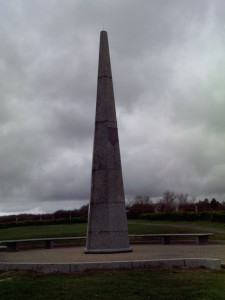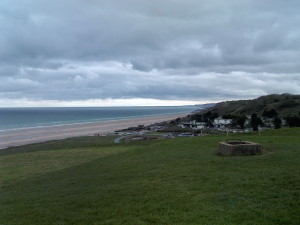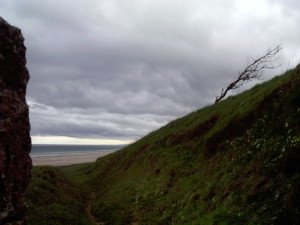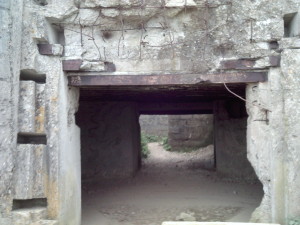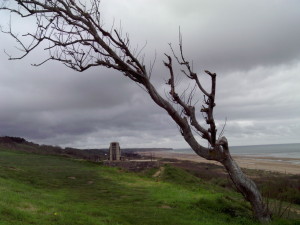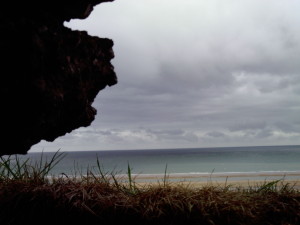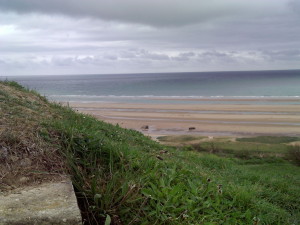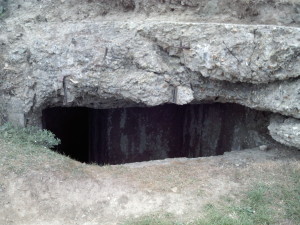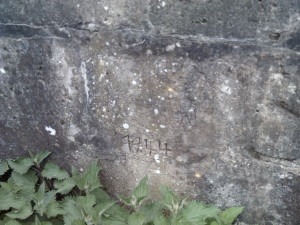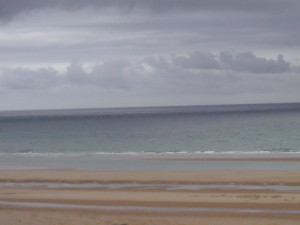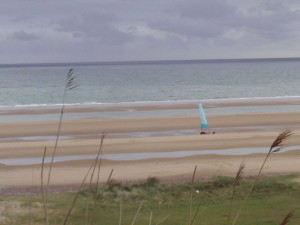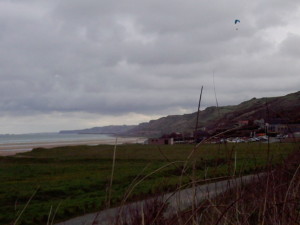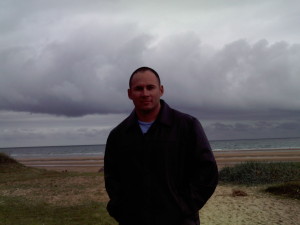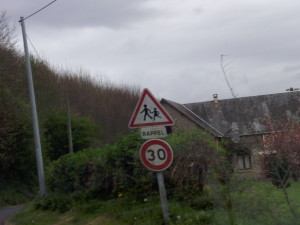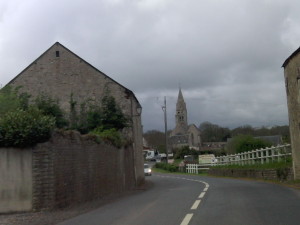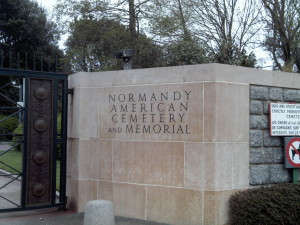Footsteps of Liberators on a Path through Normandy
Much has happened since Eisenhower first drafted that triumphant call to arms some seventy years ago. The world is very much a changed place. There are no more air-raid sirens blaring over the streets of London; no more war planes soaring over the skies of Dover; no more anti-aircraft batteries booming off the beaches of France. But to go back there, to see the place where 160,000 allied troops made their landing on June 6, 1944, was for a me a walk in the footsteps of liberators.
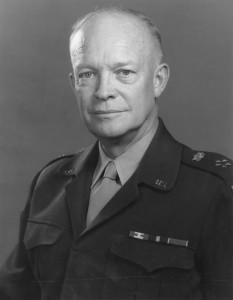
“You are about to embark upon the Great Crusade, toward which we have striven these many months. The eyes of the world are upon you. The hopes and prayers of liberty-loving people everywhere march with you. In company with our brave Allies and brothers-in-arms on other Fronts, you will bring about the destruction of the German war machine, the elimination of Nazi tyranny over the oppressed peoples of Europe, and security for ourselves in a free world.”
Leaving behind the white cliffs of Dover and underway for France.
Crossing the English Channel
When the men of D-Day entered into France they did so under the heat of battle. The Normandy landings were the largest seaborne invasion in all of recorded history, with nearly 5,000 landing craft, 289 escort vessels, and 277 minesweepers taking to the beach. In addition to this, nearly 1,200 aircraft left England the previous night to place three airborne divisions in drop zones behind enemy lines.
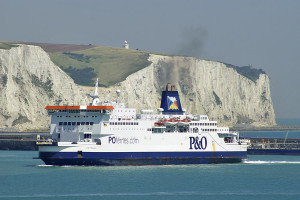
Dover, England to Calais, France aboard one of P&O’s luxurious ferries.
In stark contrast to the D-Day invasion, Big John traveled to France in style aboard one of P&O’s luxurious ferries. The entire trip took just 90 minutes and the reputable ferry line offers a host of dining and leisure activities while underway.
Many German remnants, such as the Todt Battery, were observed as I made my way towards the invasion beaches.
Located near Calais, France, the Todt Battery is a battery of coastal artillery built by the Germans in World War II. The site now operates as a war museum.
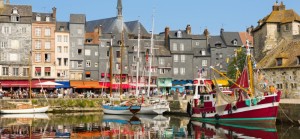
The beautiful port city of Honfluer, France
Honfluer, France is a picturesque port city welcoming travelers en route to Normandy beaches. I stayed overnight here and found the place simply charming.
German bunker still guards the beach at Longues-sur-Mer, France
The streets of Arromanches-les-Bains on Gold Beach
Arromanches is a friendly coastal town littered with souvenir shops containing American military memorabilia, wonderful cafes, and a D-Day museum. An artificial port was installed on Gold Beach that received 9,000 tons of allied materials during the height of the invasion.
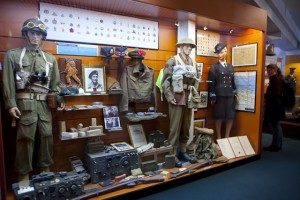
American memorabilia in Arromanches
The D-Day Museum in Arromanches-les-Bains
The D-Day museum in Arromanches is located in a place where history will never be forgotten. The museum, overlooking the beach and the remains of Mulberry Harbour, is at the heart of a vibrant, busy square lined with shops and cafés.
It was landing crafts, such as the one resting here, that brought liberation to the French people.
Operation Overlord as it appeared on June 6, 1944
If you ever make it to the Normandy region of France, I recommend you take one of these pit-stops along the way and purchase a bit of hard cider. The Normans are well known for making a delicious cider by mixing apple juice with apple brandy.
I don’t imagine this scenery has changed much since the D-day landing.
Don’t miss the Big Red One Assault Museum along the way!
Battle scenes from the past adorn the side of this historic building.
Restaurants, shops, and other businesses around Normandy beaches still pay homage to their liberators.
Your sacrifice will not be forgotten, We salute you, Sir.
Numerous signs guided me along the way.
There’s something surreal about snapping pictures through a rain-soaked windshield in Normandy, France.
Actual scenes from Normandy Invasion affixed to structures that survived the war.
This road would carry me directly on to Omaha Beach. I had finally arrived.
An informative placard detailing the invasion.
Big John peering down into a Nazi bunker.
A memorial honoring the many fallen.
Big John is humbled standing in the footsteps of liberators.
All is quiet now on an empty beach.
A monument honoring the men of The Big Red One
A threatening sky looms over Normandy Beach.
From here they watched the Americans coming.
1944 etched in stone.
Pastel skies over a Normandy beach.
A good wind on Omaha Beach
Big John stands where heroes once made their stand.
The peaceful French countryside leading away from the invasion beaches.
The entrance way to Normandy American Cemetery and Memorial
I found the following inscription on a wall inside the cemetery. It was perhaps the only words ever needed spoken in such a solemn place.
IF EVER PROOF WERE NEEDED THAT WE FOUGHT FOR A CAUSE AND NOT FOR CONQUEST, IT COULD BE FOUND IN THESE CEMETERIES. HERE WAS OUR ONLY CONQUEST: ALL WE ASKED … WAS ENOUGH … SOIL IN WHICH TO BURY OUR GALLANT DEAD.
General Mark W. Clark
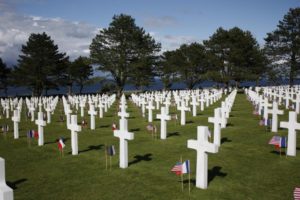
Here lies the remains of 9,387 Americans who died so others could again be free.
Pictured above is the final resting place of those fallen liberators of Normandy. To follow in their footsteps, to revisit the places where men stood up for a cause so much greater than themselves, I leave here a humbled man. I would leave this hallowed place to return to my homeland… their homeland – a place which many would never see again.
Thank you for reading my article on Big John’s Adventures in Travel. Please feel free to leave a comment and explore other areas of my site. I hope you will visit again soon or share on social media.
Happy travels,
Big John
Posted in Adventurous Places, Europe, Historical Journeys and tagged D-Day, France, normandy, Omaha Beach, world war 2 timeline by Big John with 1 comment.
